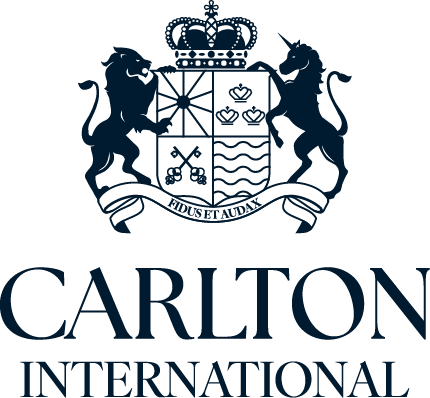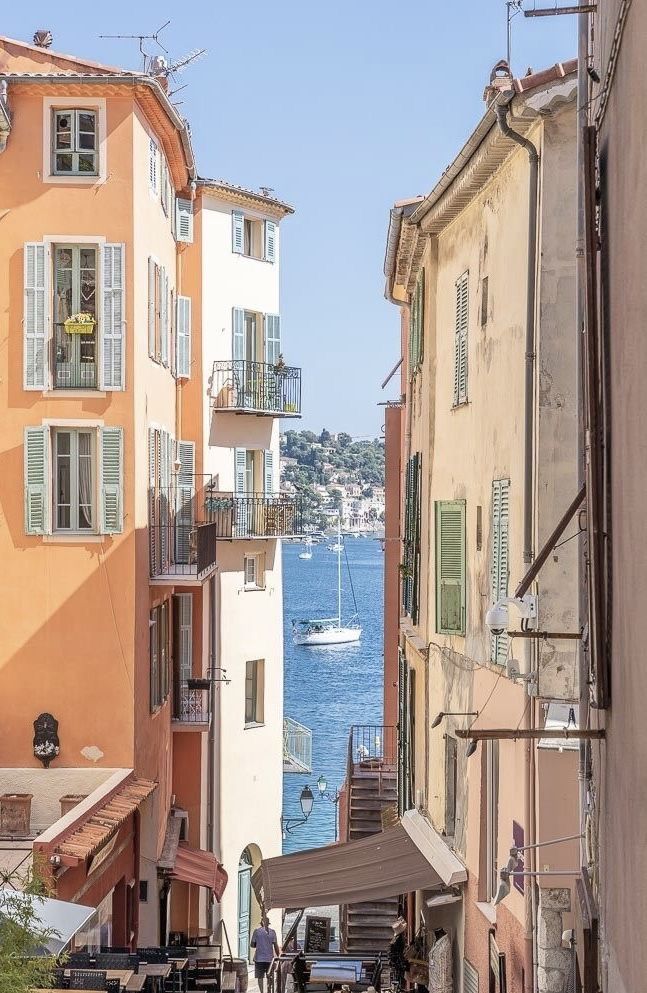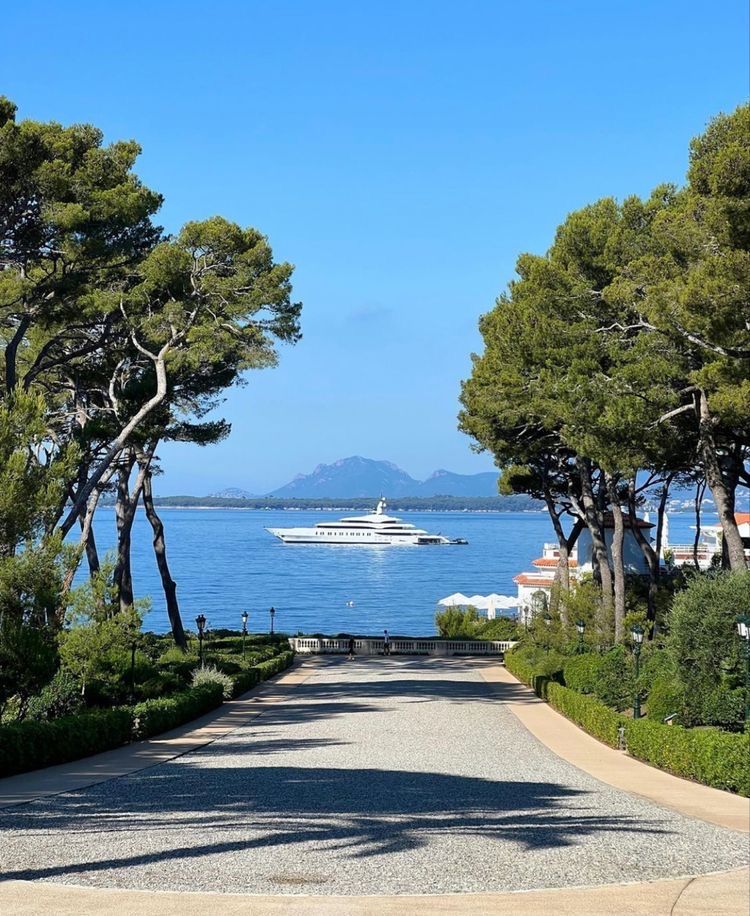Introduction
In the world of luxury villas, one question often asked by investors and those seeking a prestigious residence is: should you buy or rent? Both options come with their own advantages and disadvantages, depending on your financial, tax, and personal priorities. This article will guide you through this decision-making process by comparing the benefits of buying a luxury villa versus renting a high-end property. We’ll also explore the key factors to help you make the best choice based on your individual situation.
Why Choose to Buy a Luxury Villa?
Buying a luxury villa offers several advantages, particularly as a long-term investment. In fact, purchasing such a property can be an excellent way to grow your wealth, as high-end villas often tend to increase in value over time. Moreover, owning a villa gives you full control over the property — from layout and renovations to personalisation. In addition, owning a luxury villa provides stable asset value and long-term financial security.
Long-Term Financial Benefits
One of the main advantages of buying a luxury villa lies in the potential for property appreciation over time. Prestige properties are often located in highly sought-after areas and tend to retain or increase their value. Unlike renting, which involves monthly payments without any return on investment, buying allows you to build long-term equity. In the event of a resale, your real estate investment could generate a significant profit.
Personalisation and Control
A major benefit of buying a luxury villa is the ability to fully personalise the property to suit your tastes. Unlike renting, where customisation options may be limited, owning allows you to carry out renovations, add bespoke features, and design the space exactly as you wish. You also have complete control over the management and maintenance of the property — an important factor if you’re planning to make it a permanent residence.
Asset Value
Buying a luxury villa also provides the advantage of holding a valuable heritage asset. A high-end villa is not just a piece of real estate — it is a strategic asset that can be passed down to future generations. By investing in such a property, you are building a tangible legacy that can appreciate over time. Furthermore, the luxury real estate market tends to remain relatively stable, making it a secure investment for the future.
The Advantages of Renting a Luxury Villa
Choosing to rent a luxury villa offers numerous benefits, especially for those who value flexibility and mobility. Renting allows you to enjoy an exceptional living environment without the long-term commitments that come with ownership. It’s also the ideal solution for individuals who do not intend to reside permanently in a luxury property. Renting gives you the opportunity to live in incredible locations for a set period of time, offering a high-end experience with no long-term strings attached.
Flexibility and Mobility
One of the key advantages of renting a luxury villa is the flexibility it offers. Unlike buying, which involves a long-term commitment, renting allows you to enjoy a prestigious property without being tied to a permanent residence. This can be especially beneficial for those who wish to live in different locations or have a professional lifestyle that requires frequent travel. You can choose a villa based on your short-term needs, without having to worry about tax obligations or long-term management.
Lower Costs and Simplified Management
Renting a luxury villa can also be a more attractive option in terms of initial cost. Unlike purchasing, renting doesn’t require a significant upfront investment. You won’t have to worry about maintenance expenses or the day-to-day management of the property. Tasks such as garden upkeep, facilities maintenance, or security are usually handled by the owner, allowing you to enjoy your villa without the hassle that comes with managing a property.
Comparison Between Buying and Renting Luxury Villas
The decision between buying or renting a luxury villa depends on several factors: your financial goals, your need for flexibility, and your desire to make a long-term investment. Buying is ideal for those seeking a solid wealth-building investment and full control over their property. On the other hand, renting is perfect for those who prioritise flexibility, want to avoid management responsibilities, or don’t plan to live in the villa permanently.
Upfront Costs and Financing
Purchasing a luxury villa involves a significant upfront investment, including the down payment, notary fees, and mortgage-related costs. Mortgage loans are often used to spread the financial burden over several years, but interest rates can impact overall profitability. In contrast, renting a luxury villa only requires monthly rent payments, which are often more manageable initially — though they may rise depending on changes in the rental market.
Long-Term Costs
Over the long term, buying can lead to significant expenses such as property taxes, maintenance costs, and management fees (insurance, renovations, etc.). These costs can vary depending on the location and size of the villa. However, if the real estate market is favorable, your property’s value may increase. In comparison, renting involves a fixed, more predictable payment — though rent may rise over time. After several years, renting could become more expensive than buying, without offering any ownership or capital gains.
Profitability and Appreciation
Buying a villa is often more profitable in the long run, as it allows you to accumulate asset value. You may be able to sell the villa at a higher price if the market evolves favorably, or pass it down as part of an inheritance. In contrast, renting offers no appreciation — monthly payments do not contribute to building equity. However, if you’re not ready to make a long-term commitment, renting can be a more advantageous short-term option.
Comparison of Buying and Renting Costs
Upfront Costs and Financing
Purchasing a luxury villa involves a significant initial investment, including the down payment, notary fees, and financing costs such as mortgage interest. Mortgages are commonly used to spread the financial burden over several years, although interest rates can affect the overall profitability. In contrast, renting a luxury villa only requires monthly rental payments, which are generally more affordable at the beginning — though they may increase depending on market fluctuations.
Long-Term Costs
Over time, buying can involve significant expenses such as property taxes, ongoing maintenance, and management fees (insurance, renovations, etc.). These costs can vary depending on the location and size of the villa. However, if the real estate market is favorable, your property may appreciate in value. In comparison, renting involves a more predictable fixed payment — though rents may rise over time. After several years, renting could exceed the cost of buying, without providing ownership or capital gains.
Profitability and Appreciation
Buying a villa is often more profitable in the long term, as it allows you to build wealth through asset ownership. You may be able to resell the villa at a higher price if the market evolves in your favor or pass it on as an inheritance. On the other hand, renting offers no asset appreciation — monthly payments do not contribute to building wealth. However, for those unwilling or unable to commit long-term, renting may be more advantageous in the short term.
Tax and Legal Aspects of Buying vs Renting
Taxes and Fees
Purchasing a luxury villa comes with significant property taxes, along with potential inheritance taxes if you plan to pass the property on. Additionally, capital gains taxes may apply when selling the villa. Proper tax planning and management are essential to maximise the return on your investment.
Tax Advantages of Renting
Renting can offer favorable tax advantages, especially in regions where property taxes are particularly high. As a tenant, you’re not responsible for taxes related to ownership, which can reduce your overall tax burden. Rental payments can also be more easily incorporated into a predictable budget, without the fluctuations that come with property ownership and taxation.
When to Buy and When to Rent
When Buying Makes Sense
Purchasing a luxury villa is ideal for those looking to settle permanently in a specific region or for investors seeking to secure a long-term real estate asset. Buying is recommended for those who want to benefit from property appreciation and the ability to personalise their property.
When Renting is the Better Option
Renting is an optimal choice for those seeking flexibility and mobility. It is especially suited for individuals who do not plan to settle permanently or who want to experience luxury without the long-term commitments associated with ownership.
Conclusion
Choosing between buying and renting a luxury villa depends on your personal and financial priorities. If long-term investment, property appreciation, and the ability to customise your property are essential, then buying is the best option. On the other hand, if you seek flexibility, a lighter commitment, and the chance to enjoy a luxury experience without long-term constraints, renting may be the more suitable solution. The key is to clearly understand your needs to make the most appropriate decision for your situation.
FAQ
Is it more advantageous to buy a luxury villa than to rent one?
Buying is often more profitable in the long term, especially if you aim to build lasting wealth and if the villa appreciates in value. However, it involves high initial costs and ongoing responsibilities. Renting may be more advantageous if you prioritise flexibility and want to avoid unexpected costs.
What are the main tax advantages of renting luxury villas?
Renting can offer tax advantages, especially by reducing property-related taxes such as real estate taxes. Additionally, rental payments can be considered deductible expenses in some cases, which can ease your tax burden.
Is it possible to rent a luxury villa long-term?
Yes, many luxury villas offer long-term rental contracts. This can be an ideal solution for those who wish to live in a luxury environment without the long-term commitment of ownership.
What is the average cost of buying a luxury villa?
The cost of a luxury villa varies depending on the location, size, and amenities. However, the price can range from several million euros, with additional costs for maintenance, security, and taxes.
How do I choose between buying and renting a luxury villa?
The decision depends on your specific needs: if you wish to invest, personalise the property, and build wealth, buying is recommended. If you seek flexibility, mobility, or are not ready for a long-term commitment, renting is the better option.






